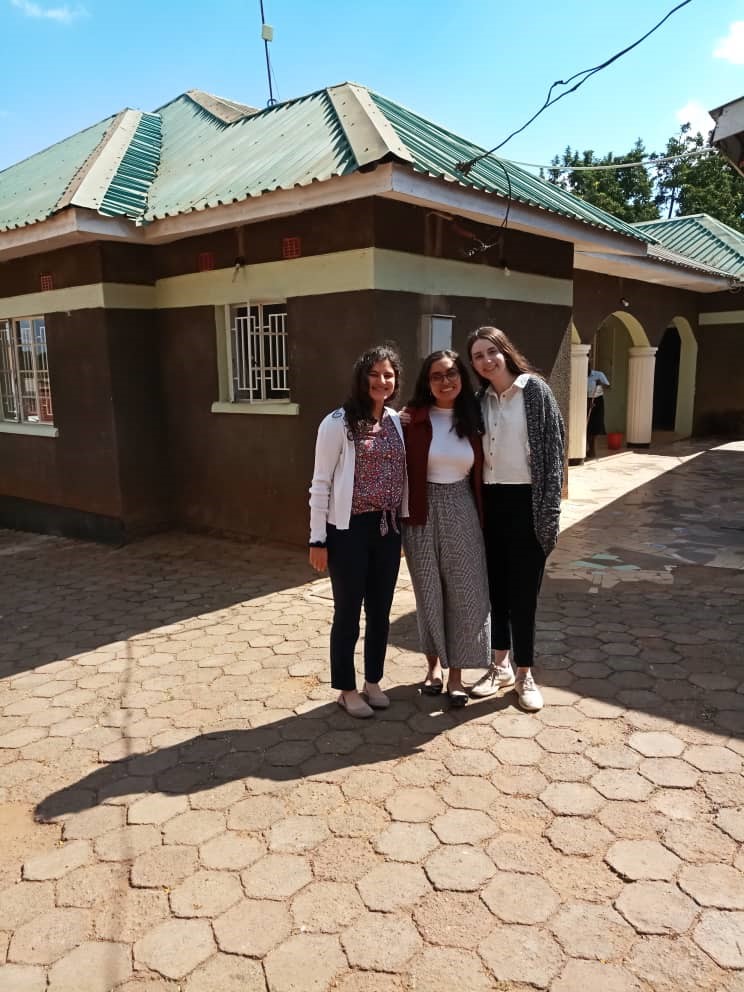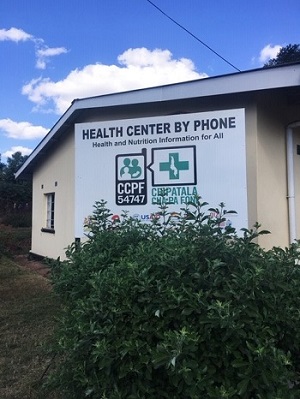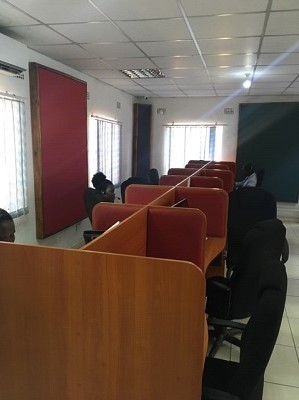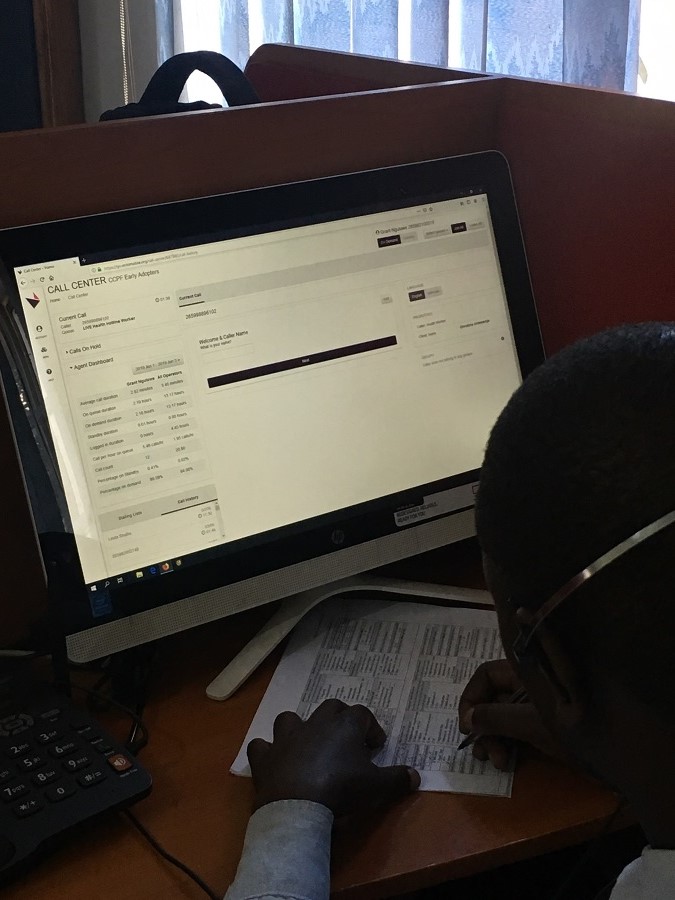
As soon as we got off the plane in Lilongwe, Malawi, we were told that in Malawi, “people are very friendly.” In our first week here, it has become apparent why Malawi is known as “the warm heart of Africa.” All of our coworkers have been friendly and generous with their time both in and out of the workplace, from answering all of our questions to even showing us around the bustling local market on the weekend. We have had an exciting and educational time familiarizing ourselves with the culture, politics, food, and rhythm of Lilongwe.

We are working for Village Reach, an organization which incubates tech-based solutions to issues regarding health access at “the last mile.” We have been working on Chipatala cha pa Foni (CCPF), which translates to “healthcare by phone.” CCPF is a free, 24/7 hotline that connects remote communities with trained health workers over the phone, allowing them to ask pressing questions about nutrition, maternal, sexual, reproductive, and infant health.
 CCPF has proven to be a successful initiative, increasing health literacy and promoting healthy behavior. Subsequently, the Ministry of Health (MoH) has decided to take over the program, ensuring its longevity and sustainability. On July 1, CCPF’s management and operations will be transitioned to the MoH. Our role at Village Reach is thus two-fold. First, we are helping the transition by adapting and developing toolkits. We have been diving deep into CCPF’s business model and working closely with Malawian government officials. After the transition, we will research and propose new countries of expansion by analyzing demographics, governments, and healthcare/telecommunication infrastructure.
CCPF has proven to be a successful initiative, increasing health literacy and promoting healthy behavior. Subsequently, the Ministry of Health (MoH) has decided to take over the program, ensuring its longevity and sustainability. On July 1, CCPF’s management and operations will be transitioned to the MoH. Our role at Village Reach is thus two-fold. First, we are helping the transition by adapting and developing toolkits. We have been diving deep into CCPF’s business model and working closely with Malawian government officials. After the transition, we will research and propose new countries of expansion by analyzing demographics, governments, and healthcare/telecommunication infrastructure.
 However, the most personally significant (and surprisingly emotional experience) thus far was our visit to the call center. Since January, we have been interacting with CCPF intellectually – analyzing, discussing, writing, etc. My concept of the hotline was distanced and institutional, something that I knew was done in a far away place but I couldn’t relate to or visualize the impact or human interactions. Seeing the hotline workers in action was more emotional than I could have ever imagined. Being able to observe nurses take calls and assist people who would otherwise have to walk and wait hours for health information made everything so much more personal and meaningful. Visiting the hotline was at once humbling and humanizing; CCPF now represents so much more than a school assignment, but the individual people whose conversations and ailments we had the privilege of observing.
However, the most personally significant (and surprisingly emotional experience) thus far was our visit to the call center. Since January, we have been interacting with CCPF intellectually – analyzing, discussing, writing, etc. My concept of the hotline was distanced and institutional, something that I knew was done in a far away place but I couldn’t relate to or visualize the impact or human interactions. Seeing the hotline workers in action was more emotional than I could have ever imagined. Being able to observe nurses take calls and assist people who would otherwise have to walk and wait hours for health information made everything so much more personal and meaningful. Visiting the hotline was at once humbling and humanizing; CCPF now represents so much more than a school assignment, but the individual people whose conversations and ailments we had the privilege of observing.
It is these kinds of experiences that make AFST 305/306 a truly unique learning opportunity, as you engage with social enterprises and developing economies academically, professionally, and personally.

